Retinol – A Beginners Guide
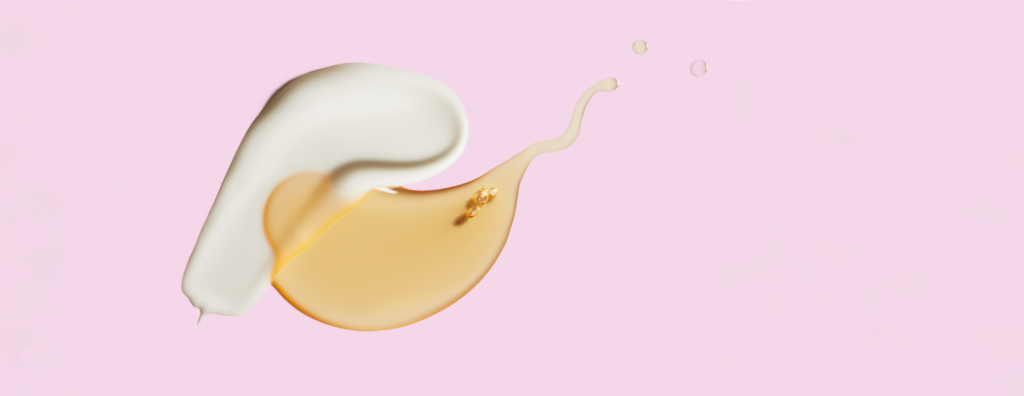
Retinol is one of the most studied and raved about skincare ingredients when it comes to improving acne, wrinkles & pigmentation ✨
BUT there are always two sides to the story
While it is supposedly a miracle for your skin, it can also have crazy side effects such as skin irritation, sensitivity and pilling.
Vitamin A, also known as retinol, has several important functions
It helps your body’s natural defence against illnesses and infections (the immune system) to work properly and even helps your vision in dimmed light situations. Furthermore, vitamin A also keeps the skin and the lining of some parts of the body, such as the inside of your nose, healthy and properly functioning.
- Harry Holmes (1879–1958) and Ruth Corbet crystallized vitamin A in 1937 at Oberlin College in 1946.
- David Adriaan van Dorp (1915–1995) and Jozef Ferdinand Arens (1914–2001) synthesized vitamin A.
- Dr Albert M Kligman, a famous Dermatologist at the University of Pennsylvania, USA, discovered Tretinoin (Retinoic Acid) in 1971 for the treatment of acne.
Johnson & Johnson was one of the first to market this as a skincare product with the brand name Retin-A and it was an extremely effective treatment for acne and is still on the market over 35 years later.
- cheese
- eggs
- oily fish
- dark leafy green vegetables, for example, amaranth (red or green), spinach and chard
- milk and yoghurt
- liver and liver products such as liver pâté – this is a particularly rich source of vitamin A
You can also get vitamin A by including good sources of beta-carotene in your diet, as the body can convert this into retinol.
The main food sources of beta-carotene are
- yellow, red and green (leafy) vegetables, such as spinach, carrots, (orange) sweet potatoes and red peppers
- yellow fruit, such as mango, papaya and apricots
How much vitamin A do I need?
The total vitamin A content of a food is usually expressed as micrograms (µg).
The average amount of vitamin A adults need (aged 20-60) is
- 700 µg a day for men
- 600 µg a day for women
You should be able to get all the vitamin A you need from your diet. Any vitamin A your body does not need immediately is stored for future use. This is great because you don’t have to necessarily consume it daily.
- Retinol also called vitamin A₁ is a derivative of vitamin A
Vitamin A has three forms: retinol, retinal, and retinoic acid - many tissues require vitamin A
- acts as an antioxidant building up a protective shield against outer impacts
Oxidants vs. Antioxidants
An oxidant is an oxidizing agent while an antioxidant is any substance that acts to slow or prevent the oxidation of another chemical. Oxidants are molecules that are produced inside your body and the environment.
It can actually react with other cellular molecules in your body such as protein, DNA and lipids.
This has the potential to damage molecules and causes disease and inflammation over time.
Antioxidants on the other hand scavenge free radical and non-radical oxidants and protect your cells from oxidative stress and damage.
These are only some of many very helpful antioxidants
- vitamin c
- niacinamide
- resveratrol
- vitamin e
- retinol (vitamin a)
- coenzyme q10
- polyphenols
Retinol is primarily used to treat the following skin conditions
- acne
- fine lines
- wrinkles
- age (sun) spots, freckles, and other signs of sun damage, sometimes called photoaging
- uneven skin texture
- melasma and other types of hyperpigmentation
- large pores caused by acne, oily skin, or collagen loss
What it does
- breaks down into retinoic acid on contact with the skin, where it increases cell turnover and boosts collagen production
- helps to trigger cell regeneration and encourages new collagen to form
- benefits will occur with prolonged and consistent use, so persevere if you don’t see results straight away
- retinoids work at a very deep level causing enhanced collagen production, skin smoothing, and an evening of pigmentation
- can cause peeling and redness as a side effect of the irritation when used for the first time or excessively, but not the same exfoliation as the one you get from an ingredient like glycolic acid
Best for
- most suitable for all skin types except eczema or rosacea due to already compromised skin barrier function
- challenging to manage for people with easily irritated or sensitive skin as already weak or compromised skin barrier function can lead to further irritation and skin reactions -> best to go through a dermatologist if you would like to introduce it
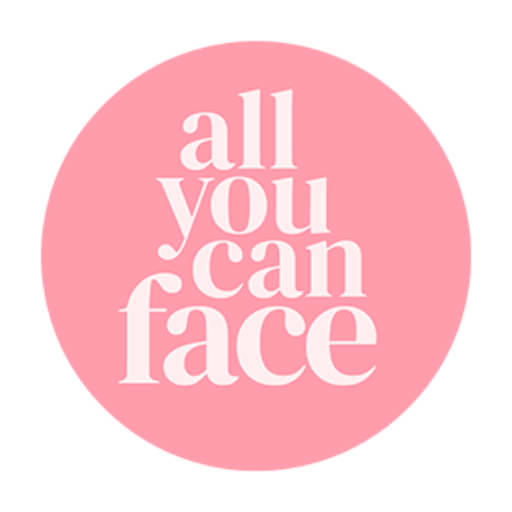
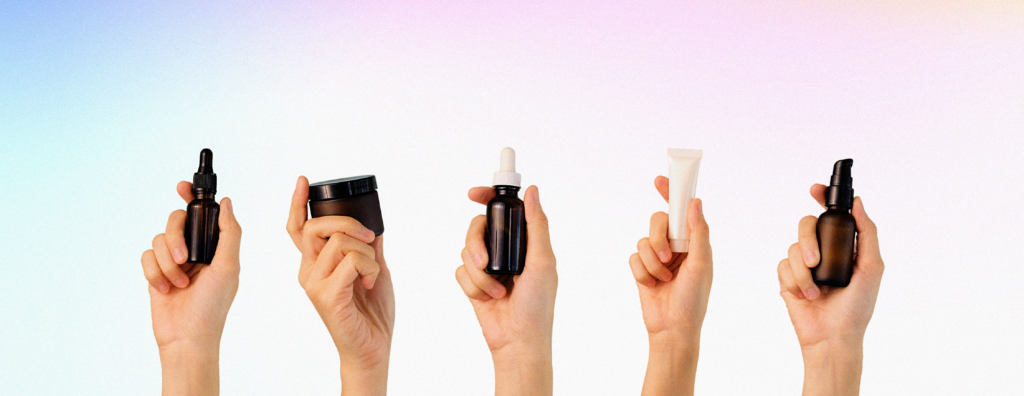

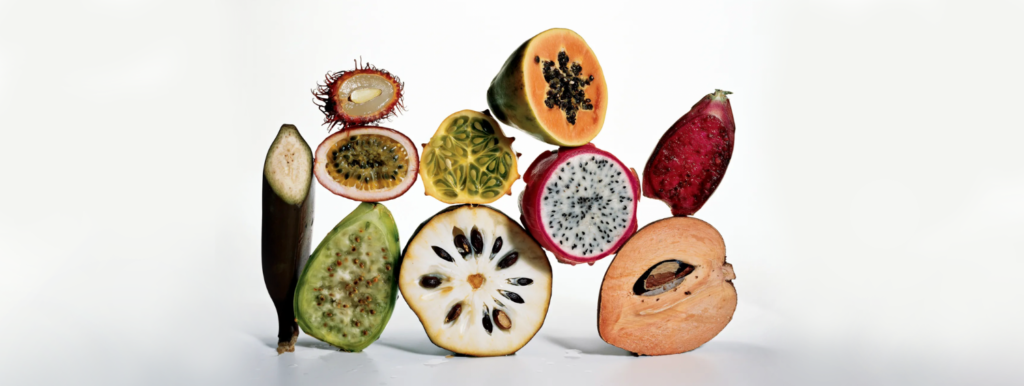

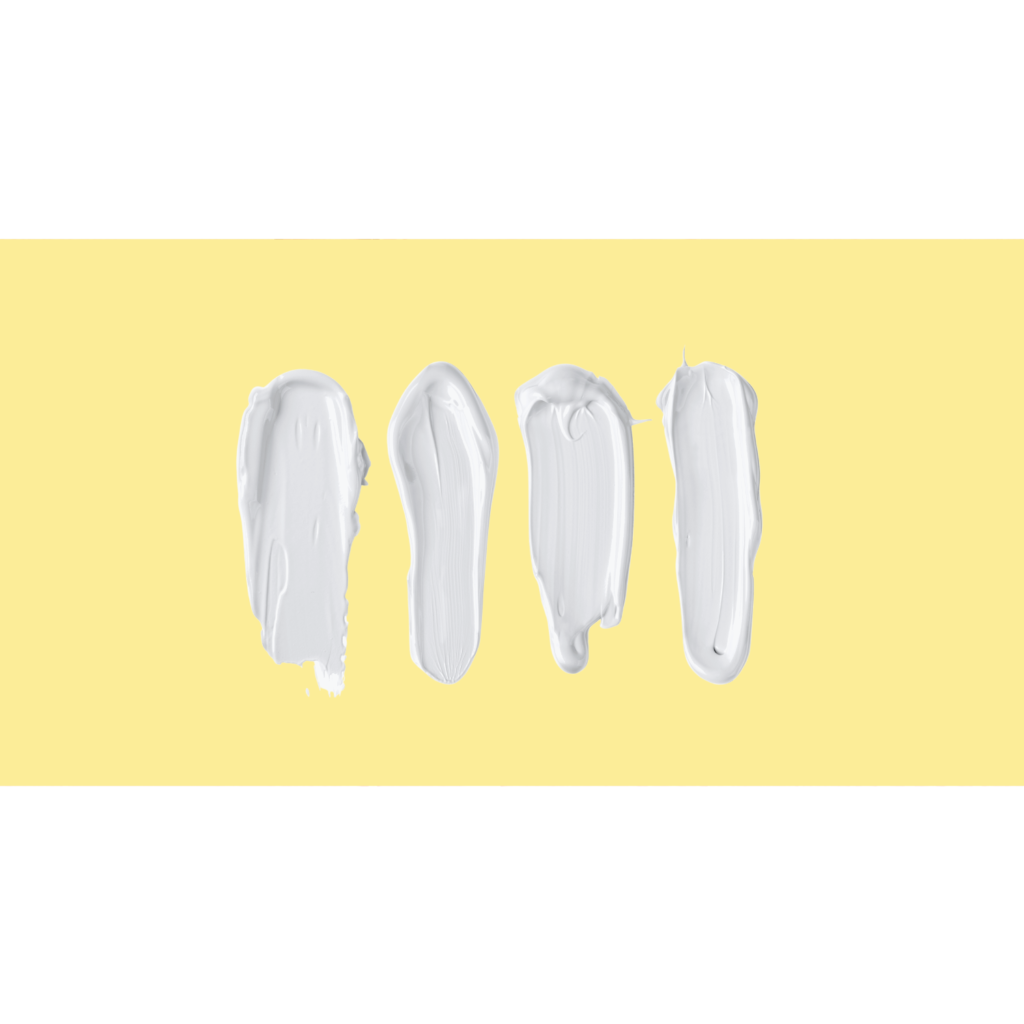
Responses